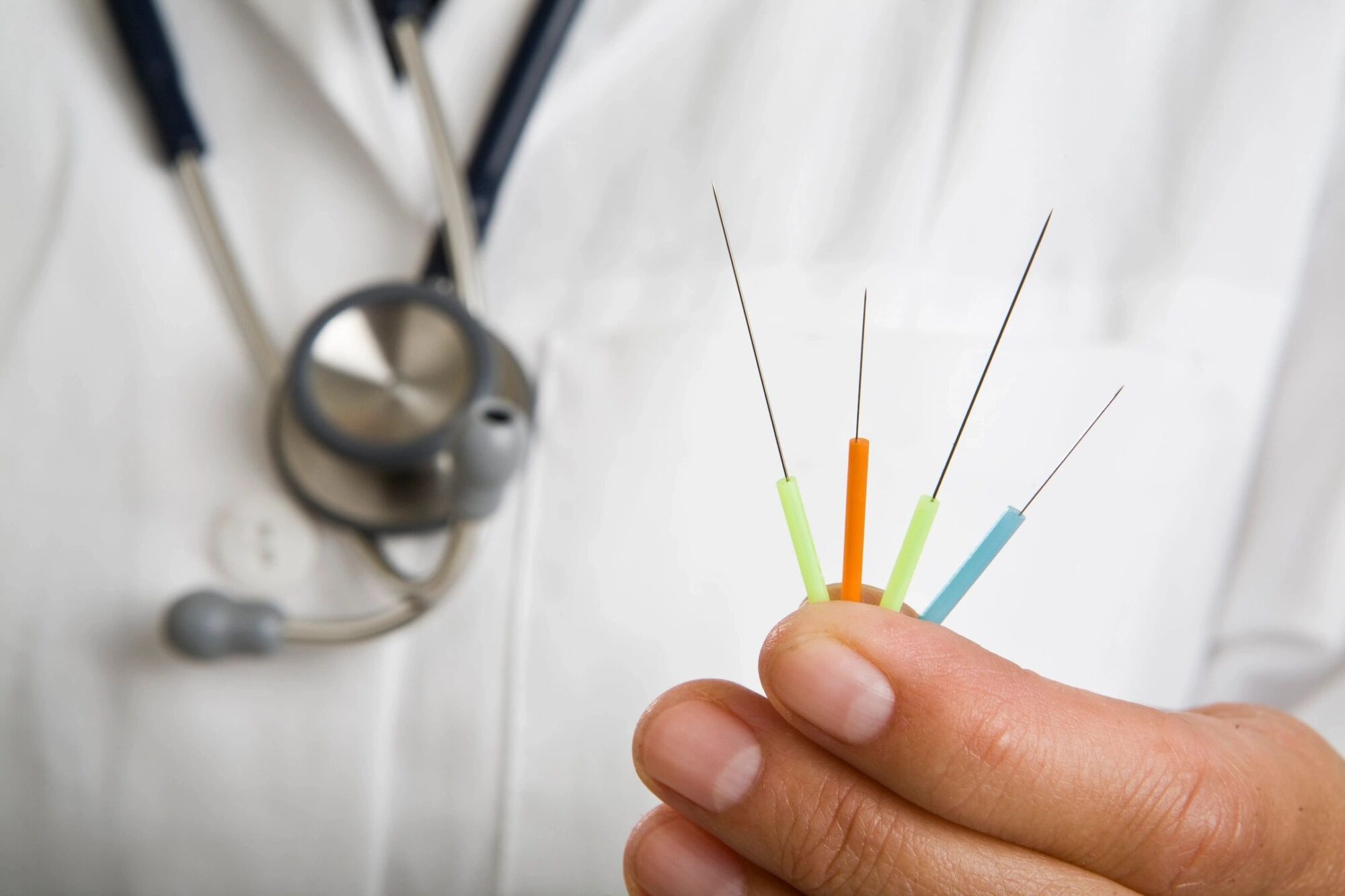Acupuncture is a traditional Chinese medicine practice that involves inserting thin needles into specific points on the body to balance the energy flow and promote healing. Acupuncture has a long history that dates back to ancient China, where it was first recorded in documents around 100 BCE. However, some experts suggest that acupuncture may have been practiced earlier, using sharpened stones and bones instead of needles.
Acupuncture is based on the theory of yin and yang, the two opposite forces that make up the universe. According to this theory, health is achieved when yin and yang are in harmony, and disease is caused by an imbalance or blockage of these forces. Acupuncture aims to restore the balance of yin and yang by stimulating the flow of qi, the vital energy that circulates through 12 meridians or channels in the body. Each meridian is associated with a different organ or function, and has specific points that can be accessed by needles.
Acupuncture has many benefits for various conditions, such as pain, nausea, anxiety, stress, insomnia, and more. Some of the benefits of acupuncture are supported by scientific evidence, while others are based on traditional beliefs or anecdotal reports. Here are some examples of the benefits of acupuncture:
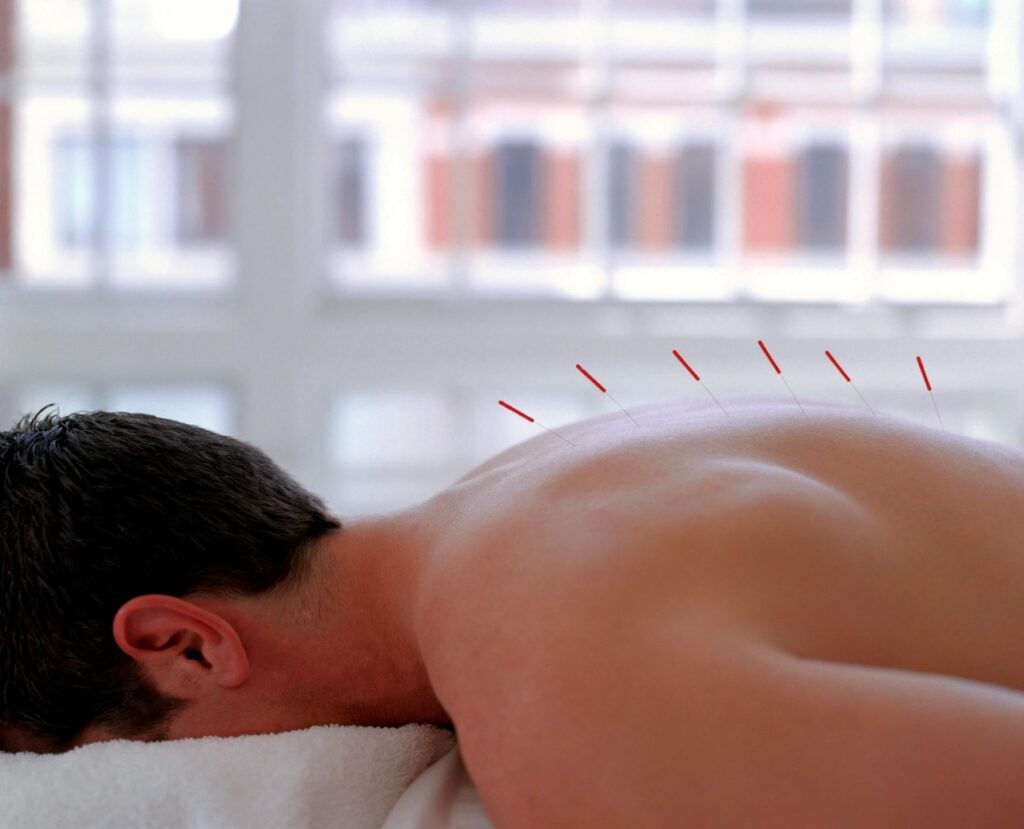

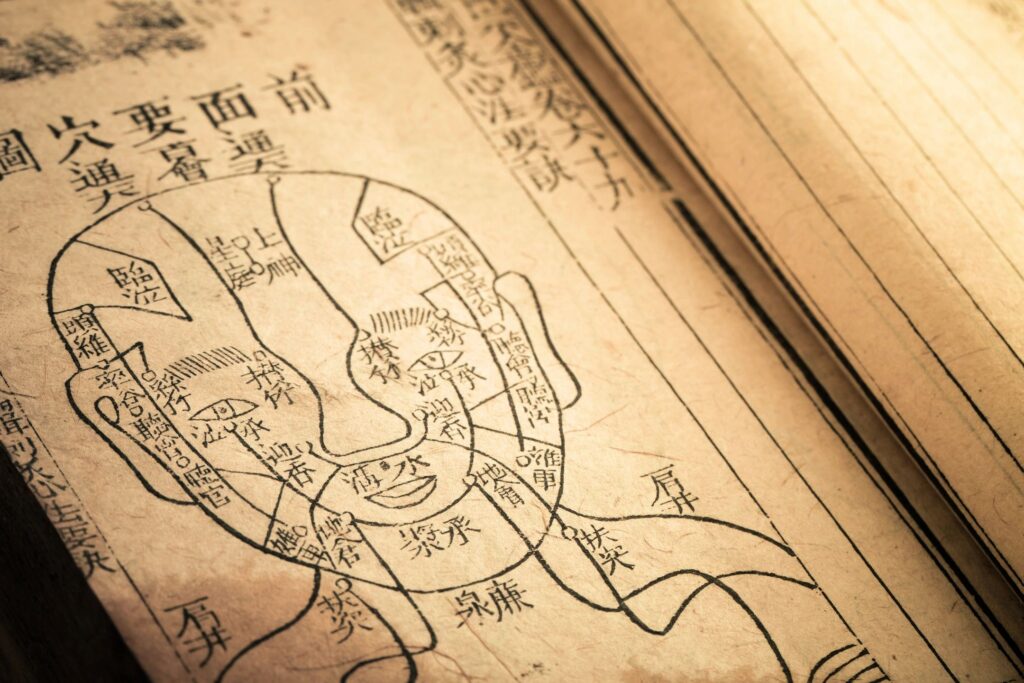
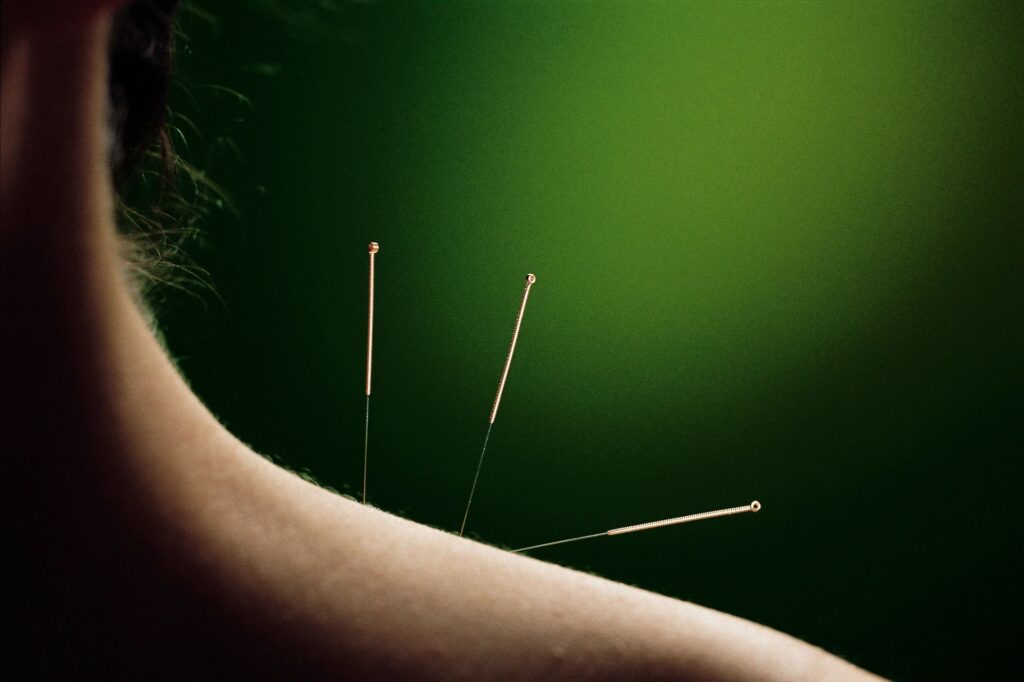
- Acupuncture can help relieve chronic pain, such as low back pain, neck pain, knee pain, and arthritis. Acupuncture may work by stimulating the release of endorphins, the natural painkillers of the body, or by influencing the nervous system and the blood circulation.
- Acupuncture can help reduce migraine and tension headaches. Acupuncture may prevent or reduce the frequency and intensity of headaches by affecting the blood vessels, nerves, and muscles in the head and neck.
- Acupuncture can help treat nausea and vomiting caused by chemotherapy or surgery. Acupuncture may stimulate the vagus nerve, which controls the digestive system, or regulate the brain chemicals that affect nausea.
- Acupuncture can help improve mood and reduce stress. Acupuncture may modulate the activity of the hypothalamus-pituitary-adrenal axis, which regulates the stress response, or alter the levels of neurotransmitters, such as serotonin and dopamine, which affect mood.
- Acupuncture can help enhance fertility and pregnancy outcomes. Acupuncture may improve blood flow to the reproductive organs, regulate hormonal levels, or influence the immune system.
Acupuncture is a fascinating and ancient practice that can offer many benefits for your health and well-being, it helps you cope with pain, nausea, stress, mood, and fertility issues, among others and it can also enhance your energy flow and balance your body and mind. Acupuncture is a safe and effective treatment that can complement your conventional medical care.
